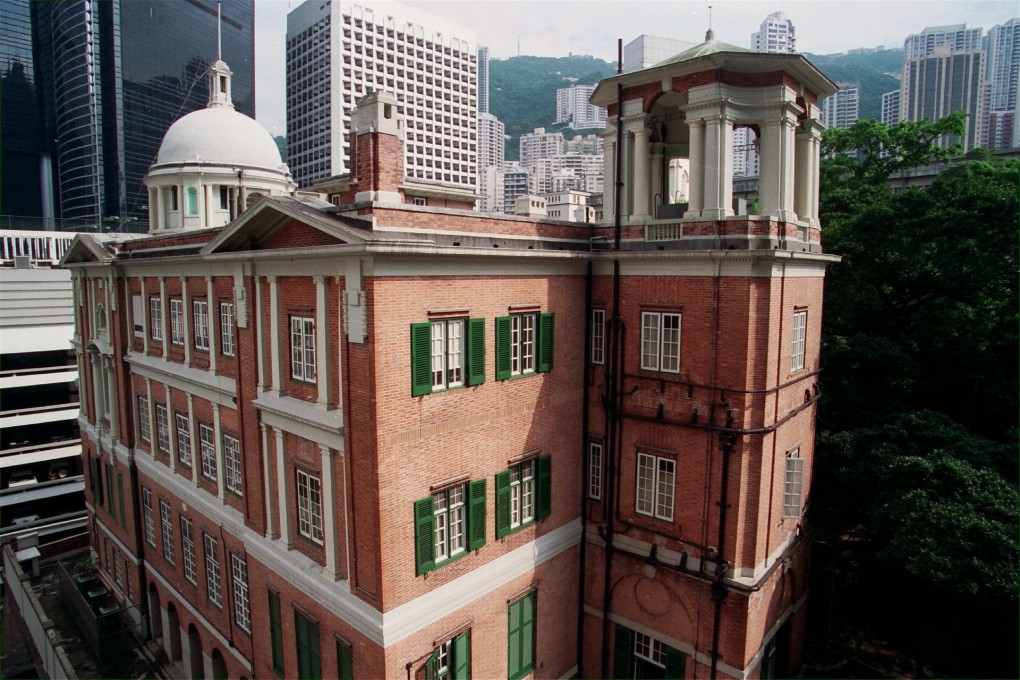It's vital that justice holds the balance of power
Liberty relies on separation of legislature, executive and the courts

Alexander Hamilton, a founding father of the United States, once commented that the judiciary was the weakest compared to the executive and legislative branches as it had neither will nor force.
However, an independent judiciary is indispensable in a limited constitution. In constitutionalism, powers are checked and balanced, and should be exercised based on rules and principles.
A quote from the great French political thinker Montesquieu tells how the separation of power and judicial independence is important to ordinary people. "There is no liberty, if the power of judging be not separated from the legislative and executive powers."
Good governance, in its most fundamental form, exercises public powers within the limits of law. The court has an essential role to play here. When an administrative action goes beyond the permit of law, or when a legal provision goes contrary to constitutional prescriptions, the affected party may seek justice from the court.
In other words, judicial review is the cornerstone of good governance.
The court's natural and inherent duty is to make judgment through deliberation based on principles, rules, open hearings and facts. Its judgment does not come from the judges' own will or the use of coercion. The court has neither.
Instead, it provides authoritative interpretation of legal rules and principles that best fit in the context and delivers a judgment accordingly. The court works on reasons.
